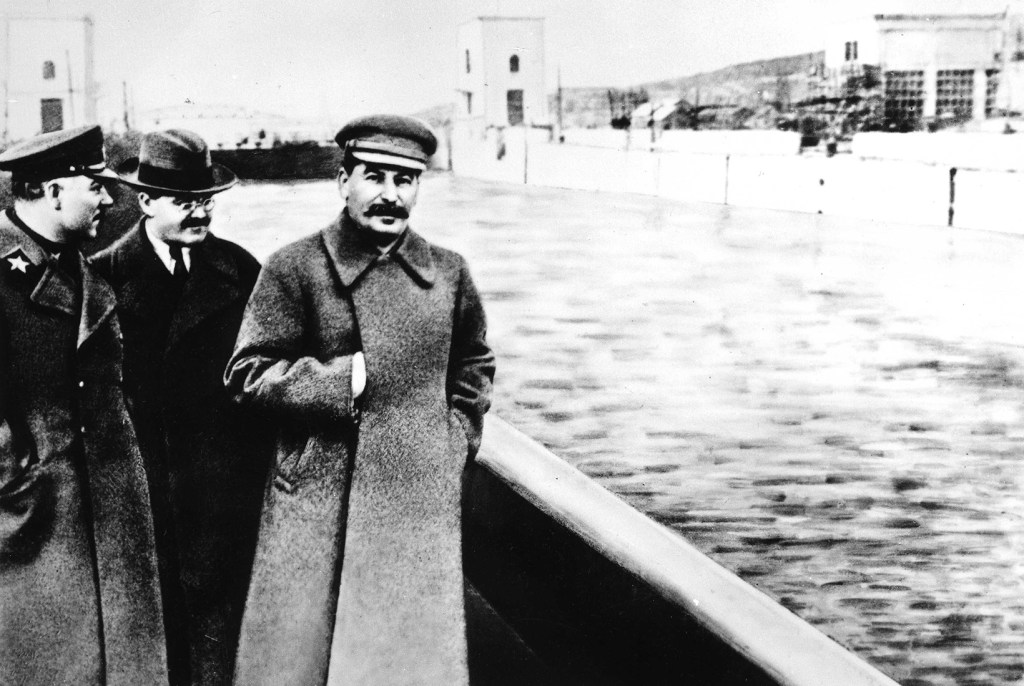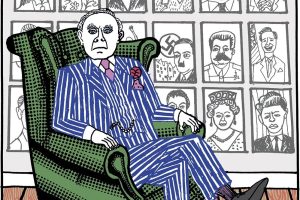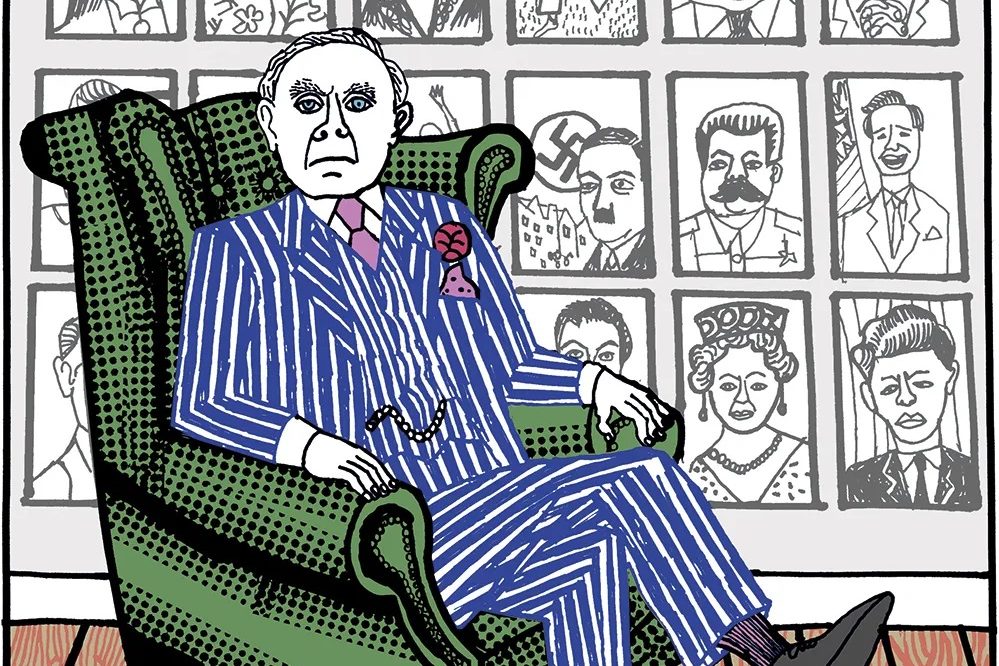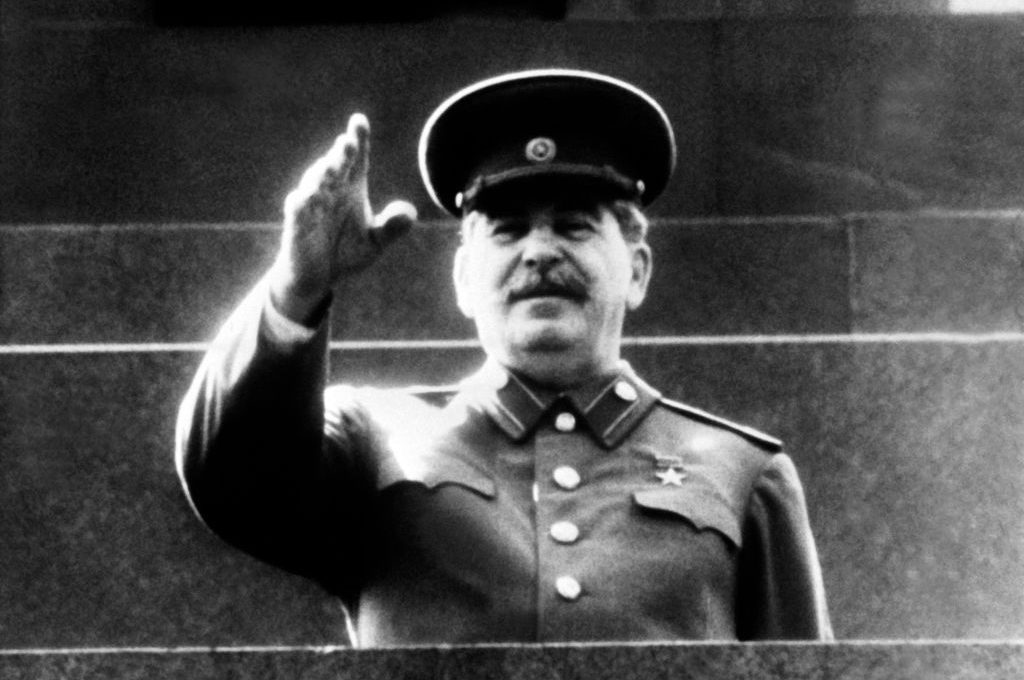How to Become a Tyrant (Netflix) is ideal history TV for Generation No Attention Span. Presented in six bite-sized chunks by Peter Dinklage, aka the ‘Imp’ Tyrion Lannister from Game of Thrones, it tells you most of the things you need to know about Hitler, Stalin, Mao, Gaddafi, Kim Il-Sung, Idi Amin and Saddam Hussein, without obliging you to think or grapple with any tedious detail.
Instead of examining the dictators individually, it explores their careers thematically, looking for the ingredients they have in common. It’s split into half-hour episodes — ‘Seize Power’, ‘Crush Your Rivals’, ‘Reign Through Terror’, ‘Control the Truth’, ‘Create a New Society’, ‘Rule Forever’ — which mix contemporary film footage with attractive animation.
I actually quite like this ongoing trend towards shorter TV. Many of my favorite series last half an hour or less: Cobra Kai; Rick and Morty; Community; Midnight Diner. It feels like less of an intrusion on one’s time, less presumptuously demanding, in the same way that eating at the bar so often seems a preferable option to sitting down in the restaurant proper where you have to go through the full rigmarole.
Also, the concept behind the series seems fundamentally sound. Though I haven’t read the book on which it is based — The Dictator’s Handbook: Why Bad Behavior is Almost Always Good Politics — it does appear to come from the right place, a position of well-informed cynicism. Written by two political scientists, Alastair Smith and Bruce de Mesquita, it develops the assertion that ‘Leaders do whatever keeps them in power. They don’t care about the national interest.’ I’m sure this is absolutely correct and that it applies to almost all politicians in all eras — and not merely in dictatorships.
This was especially noticeable in the episode dedicated to propaganda. It focused mainly on Stalin’s Soviet Union but what went unsaid was just how many of the techniques we associate with evil totalitarianism are fully in play today. Airbrushing opponents out of history? Today, Big Tech enforces cancel culture with a ruthlessness that would make Koba the Dread blush. Fake martyrs? Stalin’s propagandists invented Pavlik Morozov, the Soviet boy hero supposedly killed by angry relatives after, quite properly, he denounced his father to the authorities for anti-Communist behavior. George Floyd, to be fair, did actually exist. But I’m not convinced that the way his death was exploited by Marxist groups like Black Lives Matter was any less shamelessly manipulative.
Then there’s junk science. Stalin infamously promoted a dodgy geneticist called Trofim Lysenko because his dubious theory that seeds could be ‘educated’ into greater productivity for the motherland felt like an appropriately Soviet idea. Today Lysenko would almost certainly be flying first class later this year to the COP26 conference in Glasgow, and speaking out with similar expertise on the urgent need to address man-made climate change.
This article was originally published in The Spectator’s UK magazine. Subscribe to the World edition here.

























